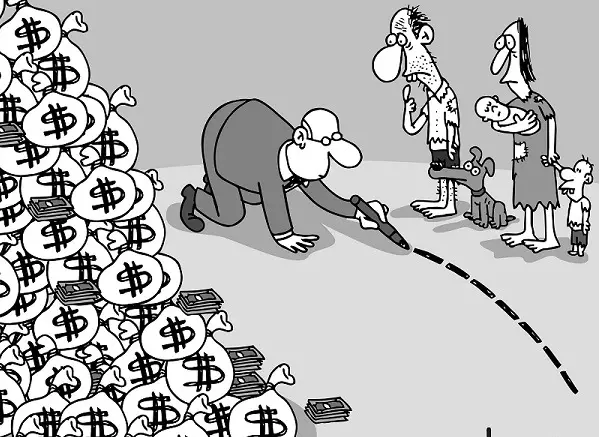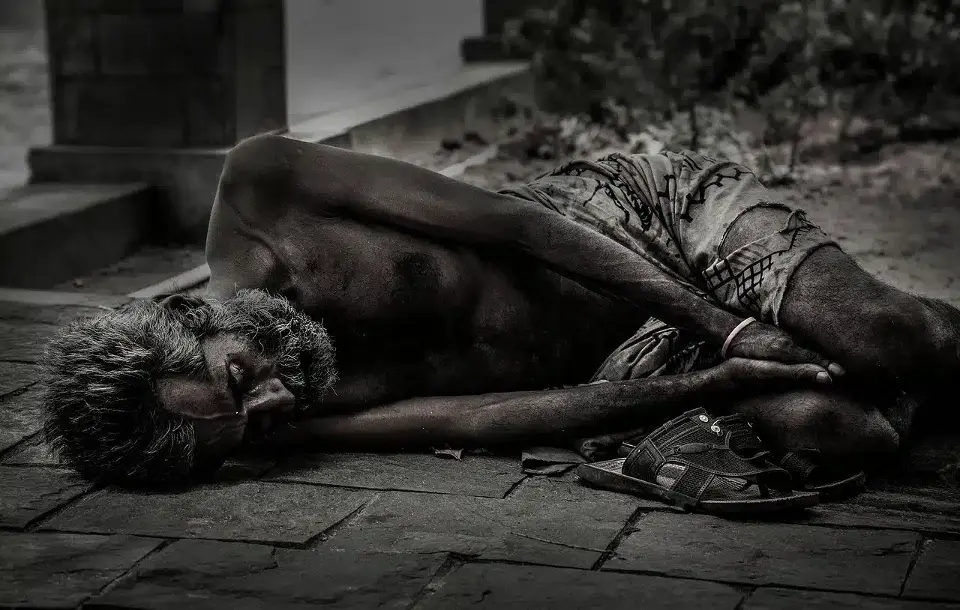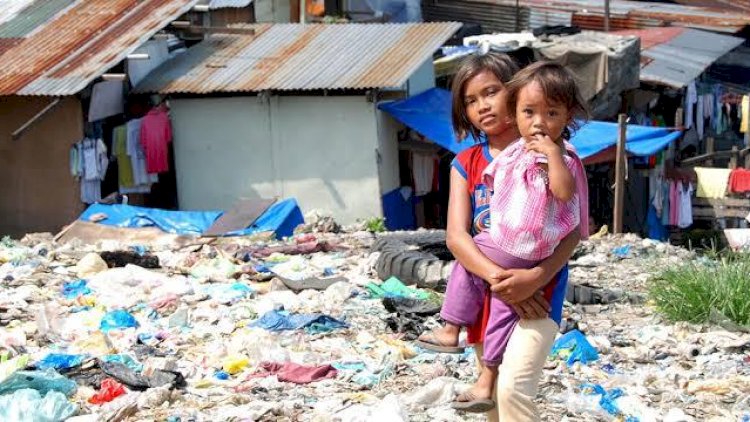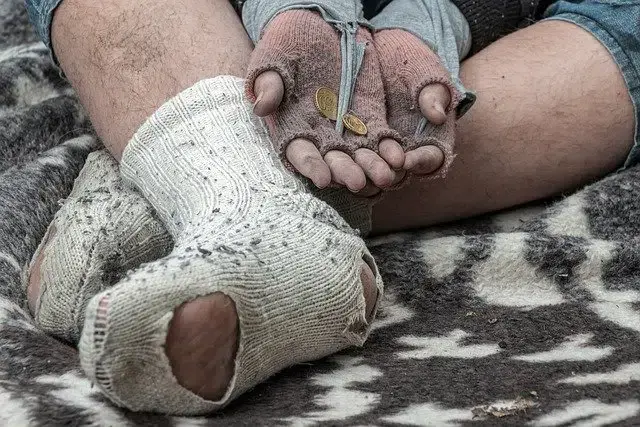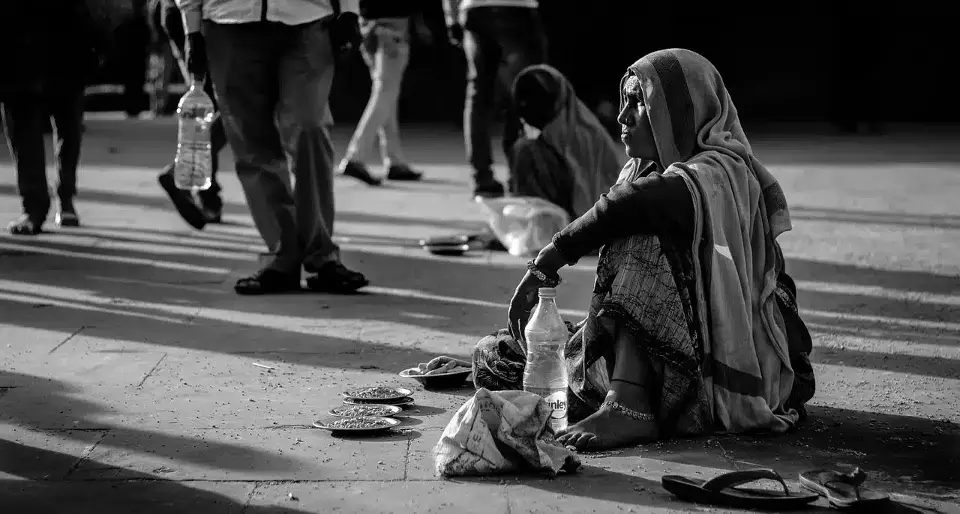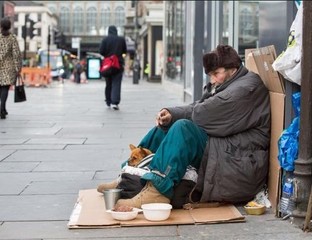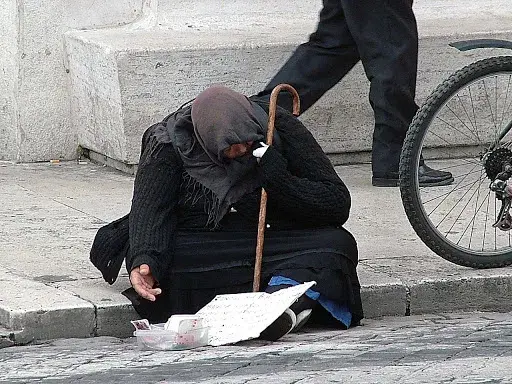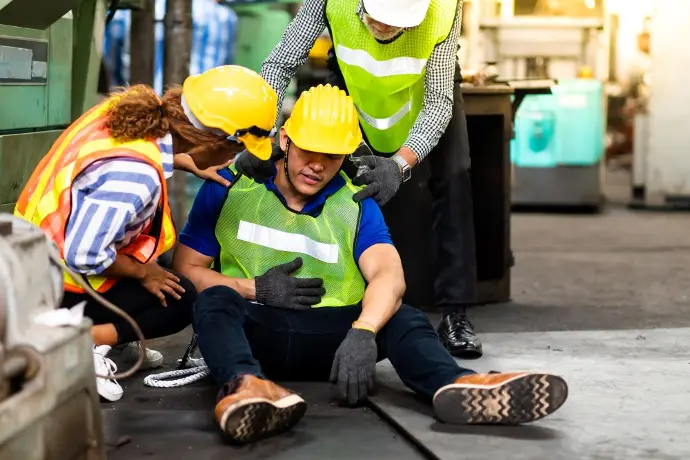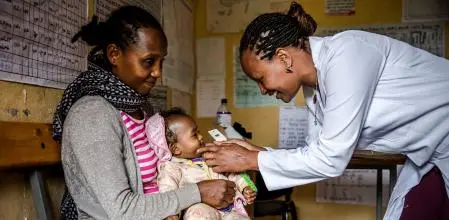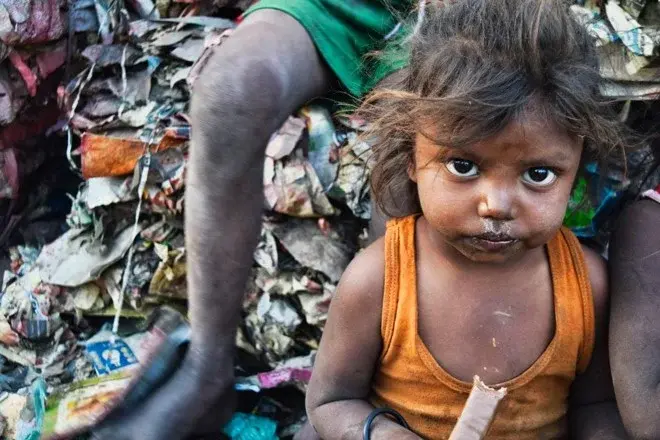INDIGENCE AND THE STATE
Those who suffer from homelessness usually have no home (generally they sleep on the street or in a shelter) and depend on state aid or solidarity to survive. These people live in a situation of social marginalization due to extreme poverty. For the State, households that do not receive sufficient income to cover a food basket (the variety and quantity considered basic according to various studies based on nutrition indices and the eating habits of the population) are indigent.
Another way of considering indigence is according to the minimum wage: anyone who receives income less than this sum is indigent, since it is understood that they do not have sufficient resources to satisfy their basic needs. Those who live in poverty need the help of the State to survive.
A STRUCTURAL PROBLEM
Homelessness is a structural problem in many countries. There are families with several generations in poverty, having to face a large number of needs, with inability to access education, health, etc. State authorities have the obligation to work on social development and inclusion programs to break this vicious cycle of destitution and achieve progress for the inhabitants.
One of the first problems encountered by foundations that aim to fight homelessness is to achieve a precise definition of this phenomenon, given that it is the only way to know the points to be solved. Furthermore, two other social situations are mixed in this unfortunate equation: exclusion and so-called homelessness.
Overall, it is quite difficult to draw substantial differences between not having enough income to cover basic needs and not having the possibility of accessing a roof permanently or stable, since both are desperate realities that require an immediate solution and to always.
However, the problem begins to develop long before its potential appearance: those of us who have never experienced a situation like those described in the previous paragraphs tend to think that "that will never happen to us." A dangerous combination of denial and social demands typical of the dizzying race that represents today's daily life leads us to not stop to consider the suffering of others or the risks that we ourselves run, and that is why we are never prepared to face and overcome a so hard chapter.
This invisible distance that exists between the "lucky" and the unfortunate terribly accentuates the exclusion that the latter feel, since when they do not receive a look of contempt they are ignored as if their presence on the streets recalled an old urban legend that everyone would like to forget.
MEASURES TO REDUCE THE RISK OF INDIGENCE
We are terrified by the mere idea of being homeless, of losing our homes, because deep down we know that there is no effective and transparent system that helps these people get out of the hole; We do not trust temporary campaigns, which we consider pure pre-electoral propaganda, and that is why we do our bit by not collaborating with them, thus closing the circle of doom and hopelessness.
A measure that we can all take to reduce the chances of homelessness taking over our lives is to carry out a deep and conscious study of our expenses, seeking to eliminate those that are not necessary, replace certain necessary items with cheaper alternatives without reaching sacrifice its quality, and make sure we have savings that can keep us afloat for a while in case of emergency.
The 8 psychopathological effects of homelessness
Not having a roof over your head has a very negative impact on mental health. When people think of a vulnerable group, the elderly, migrants, people with mental illnesses, etc. come to mind. They are the best-known groups and also those with the largest support networks. But what about the homeless? The fact that there are people without a home and without money to cover the basic basket is a big social problem at an international level, although some countries have known how to handle it better than others.
This group has various vulnerabilities, and unfortunately the biggest is invisibility. There is research on the subject but from the negative perspective of the impact they have on the country, but not of the psychological consequences of not having a roof as they are part of destitution, nor of the health risks they have, nor of their high probability of develop some mental disorder. We will talk about this briefly in the next few lines.
Causes of homelessness
The main causes of homelessness can be divided into two groups: personal and social, although both are related and ultimately the determinants are social, while personal factors are related to the risk of falling into homelessness in statistical terms.
Personal
On the one hand, we have the neurobiological determinants: propensity for psychopathologies and these not being treated adequately, and also anxiety and high levels of stress in individuals without support networks. On the other hand, traumatic experiences, childhood experiences, sexual or physical abuse, conflicts or domestic violence, substance abuse, increase the risk of falling into this situation.
Social
Social exclusion due to belonging to a minority, vulnerable group, or discrimination due to race, religion, or preferences, is a factor closely linked to homelessness. On the other hand, the economy is also very relevant: living with low income, instability, and poor family planning due to scarcity of resources. Although they are not the only elements that contribute to a person becoming homeless, they are risk factors that, if they do not have the appropriate support networks or the necessary treatment for certain diseases or psychopathologies, they can end up in this situation.
The psychological impact of homelessness
As a vulnerable group, it is made up of people who belong to other ways of classifying members of society: elderly people, people with alcoholism or drug addiction problems, immigrants, people with disabilities (both physical and intellectual), among others. . The main vulnerabilities, which at the same time become consequences of this social phenomenon, are the following.

 IHRO NEWS
IHRO NEWS